Pathogens, Free Full-Text
Por um escritor misterioso
Last updated 13 abril 2025
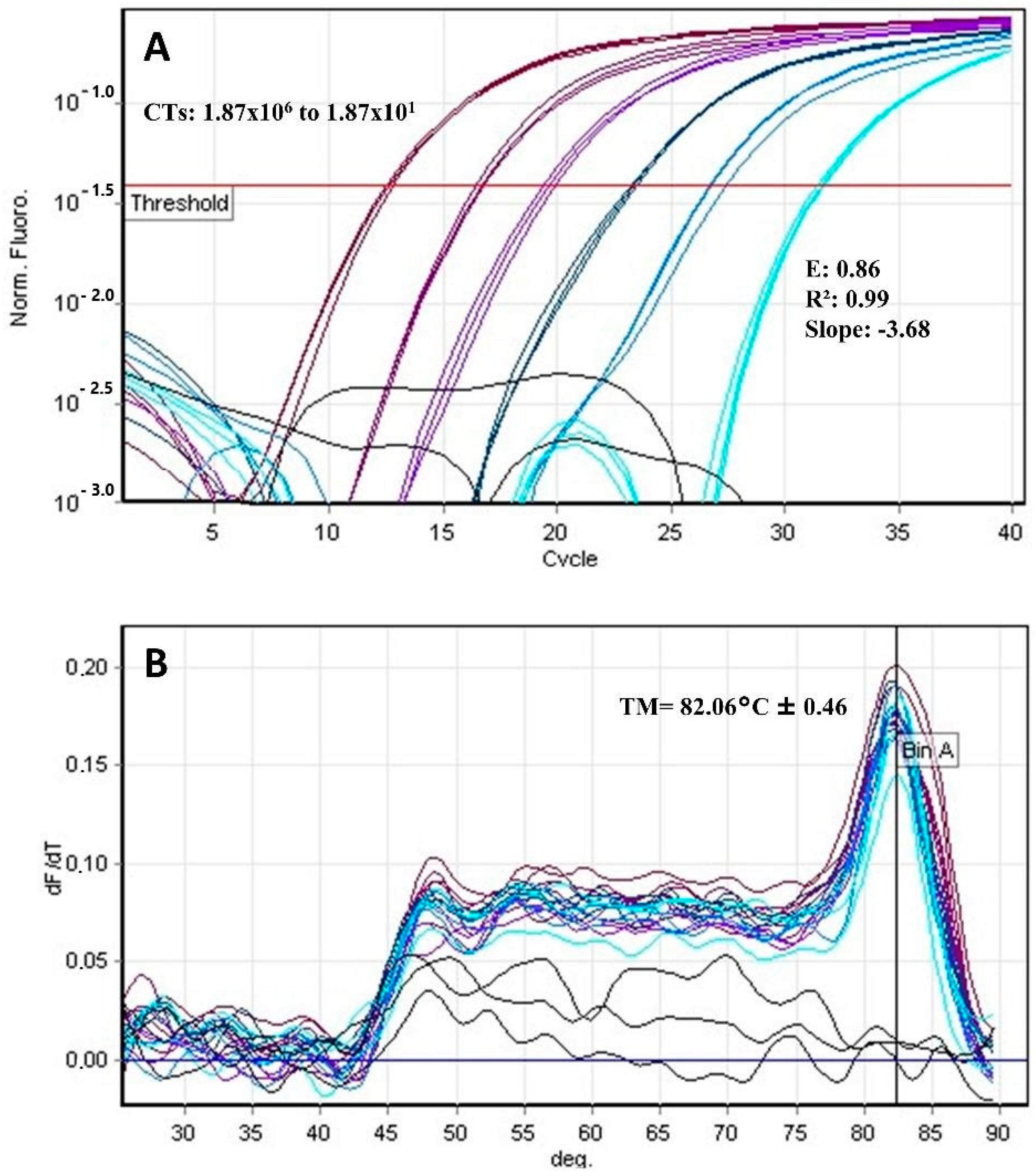
In Brazil, blood donation is regulated by the Brazilian Ministry of Health, and all States follow the same protocol for clinical and laboratory screening. Brazil is an endemic country for Chagas disease (CD), caused by Trypanosoma cruzi, and for leishmaniasis, caused by a species of Leishmania spp. Screening for leishmaniosis is not routinely performed by blood banks. Given the antigenic similarity between T. cruzi and Leishmania spp., cross-reactions in serological tests can occur, and inconclusive results for CD have been found. The objective of this study was to apply molecular techniques, e.g., nPCR, PCR, and qPCR, to clarify cases of blood donation candidates with non-negative serology for CD and to analyze the difference between the melting temperature during real-time PCR using SYBR Green. Thirty-seven cases that showed non-negative results for CD using chemiluminescent microparticle immunoassay (CMIA) tests from blood banks in Campo Grande, MS, and Campinas, SP, were analyzed. In the serum samples, 35 samples were evaluated by ELISA, and 24.3% (9/35) showed positive results for CD. nPCR was able to detect 12 positive results in 35 samples (34.28%). qPCR for T. cruzi was quantifiable in the samples that showed a value ≥0.002 par eq/mL (parasite equivalents per milliliter), and in 35 samples, 11 (31.42%) were positive. Of all evaluated samples using the described tests (CMIA, ELISA, nPCR, and qPCR), 18 (48.6%) were positive for CD. For MCA by qPCR, the melting temperature was 82.06 °C ± 0.46 for T. cruzi and 81.9 °C ± 0.24 for Leishmania infantum. The Mann–Whitney test showed a significant value of p < 0.0001. However, the differentiation between T. cruzi and L. infantum could not be considered due to temperature overlap. For leishmaniasis, of the 35 samples with non-negative serology for CD tested by the indirect fluorescent antibody test (IFAT), only one sample (2.85%) was positive (1:80). The PCR for Leishmania spp. was performed on 36 blood samples from donation candidates, and all were negative. qPCR for L. infantum showed 37 negative results for the 37 analyzed samples. The data presented here show the importance of performing two different tests in CD screening at blood banks. Molecular tests should be used for confirmation, thereby improving the blood donation system.
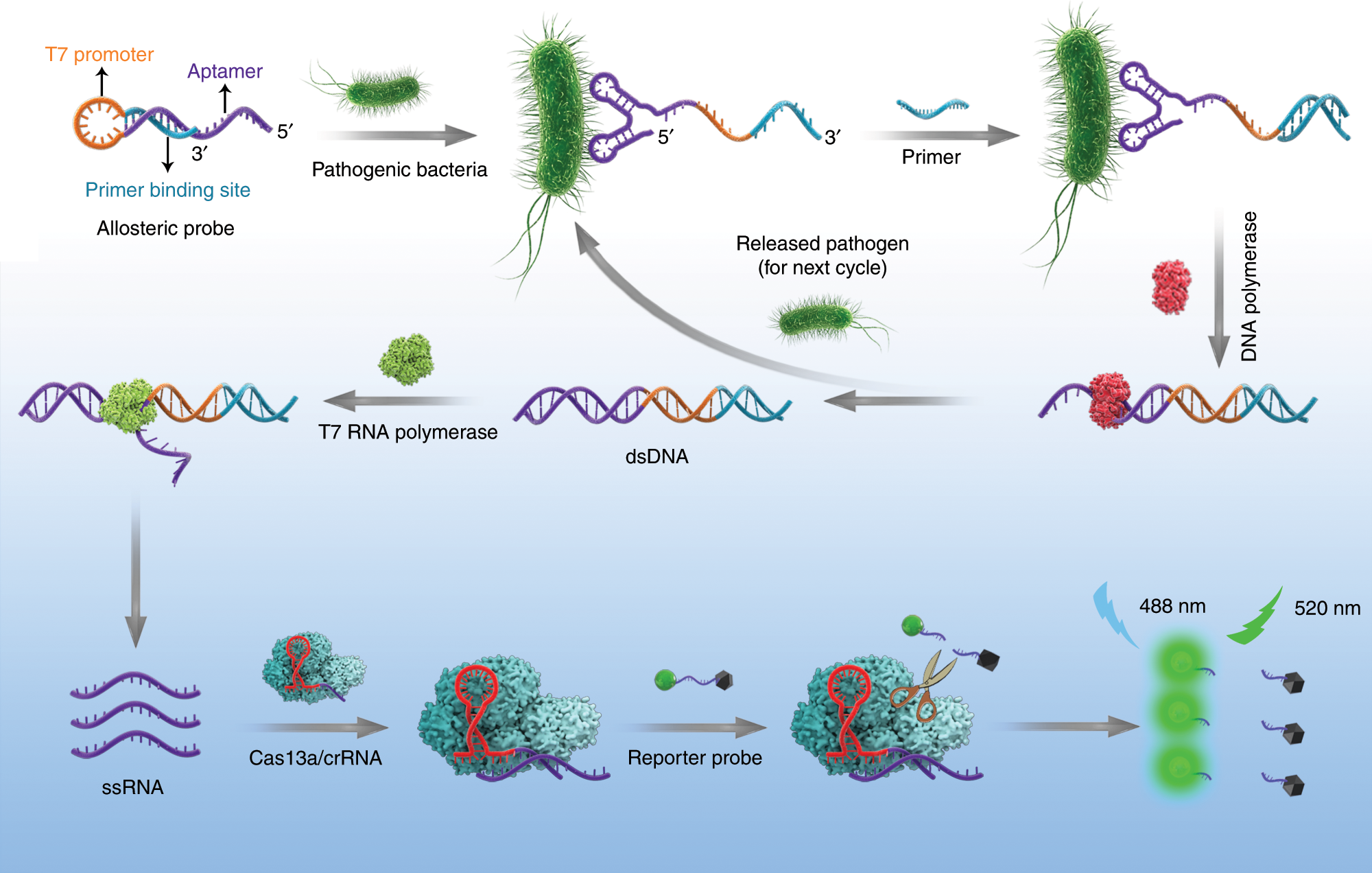
Sensitive detection of a bacterial pathogen using allosteric probe-initiated catalysis and CRISPR-Cas13a amplification reaction

Features of pathogens. There are various types of pathogens including
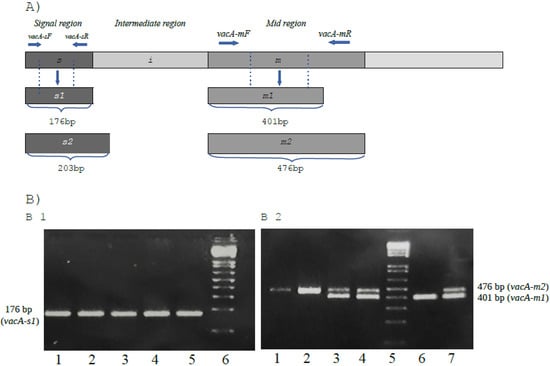
Parasitologia E Micologia Humana Download - Colaboratory
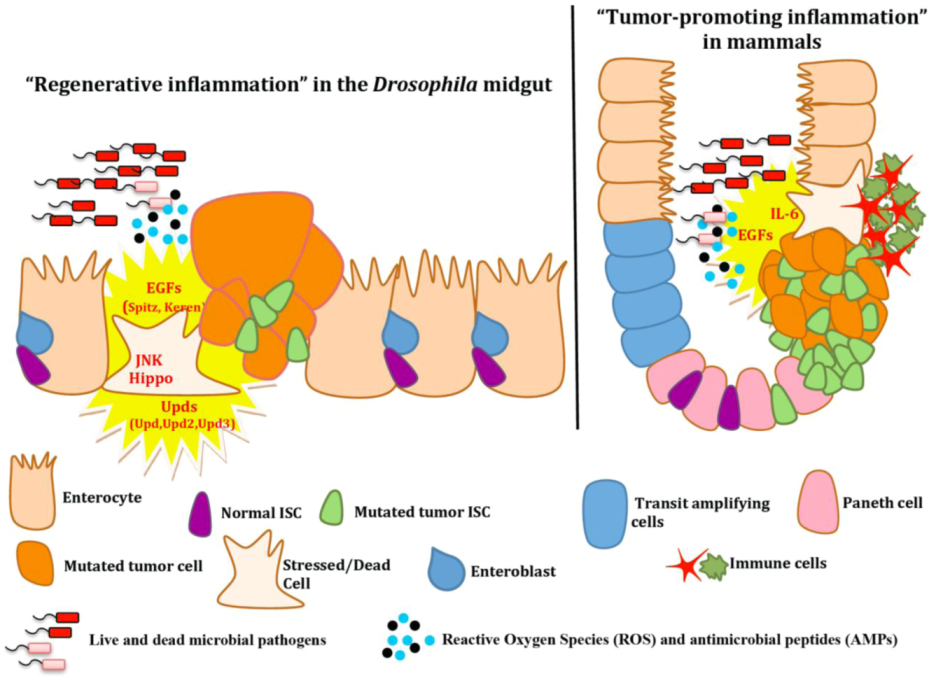
Pathogens, Free Full-Text

Bloodborne Pathogens Handouts, First Aid

Bacterial Invasion: The Paradigms of Enteroinvasive Pathogens
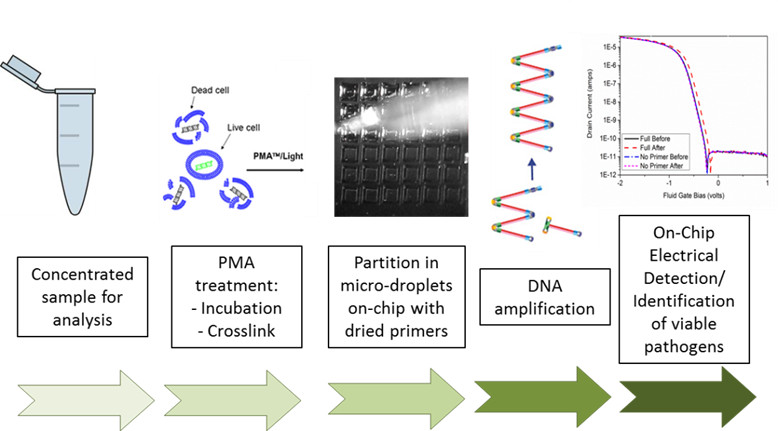
Detection of Viable Pathogens Using Label-Free Electrical Detection of Nucleic Acid Amplification : LIBNA
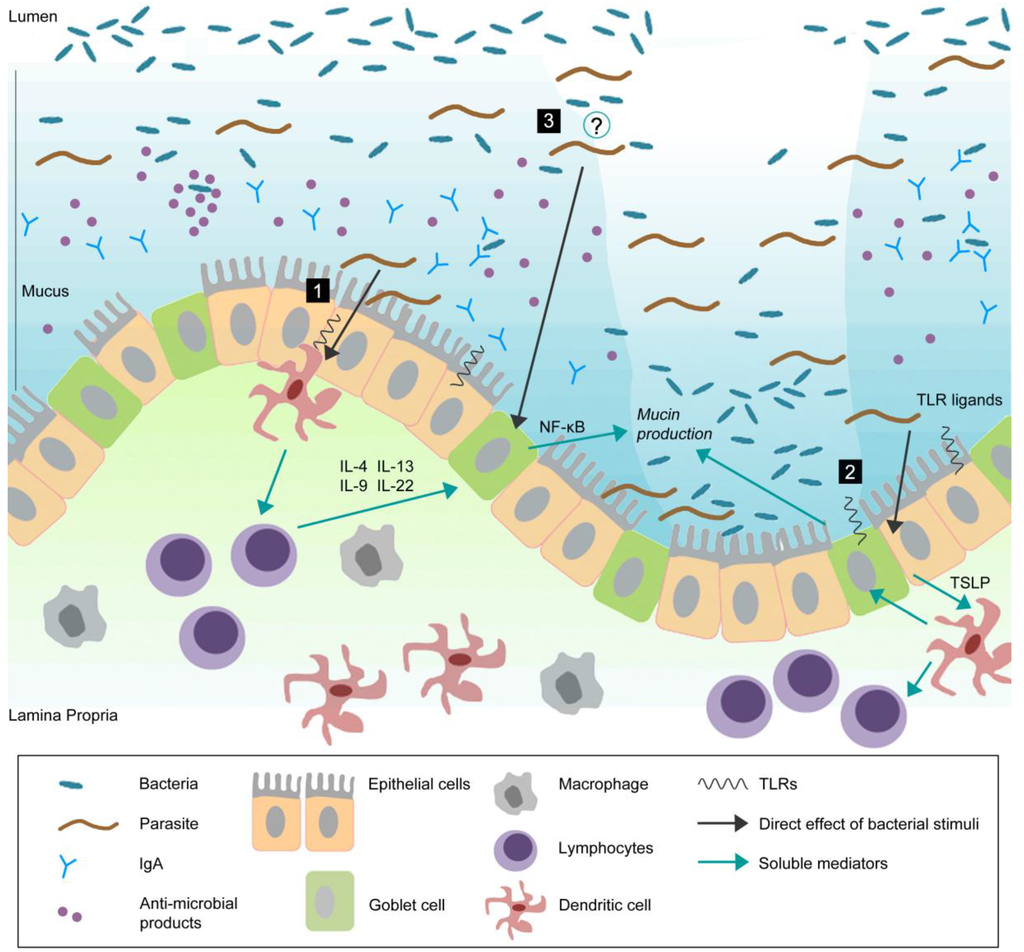
Pathogens, Free Full-Text
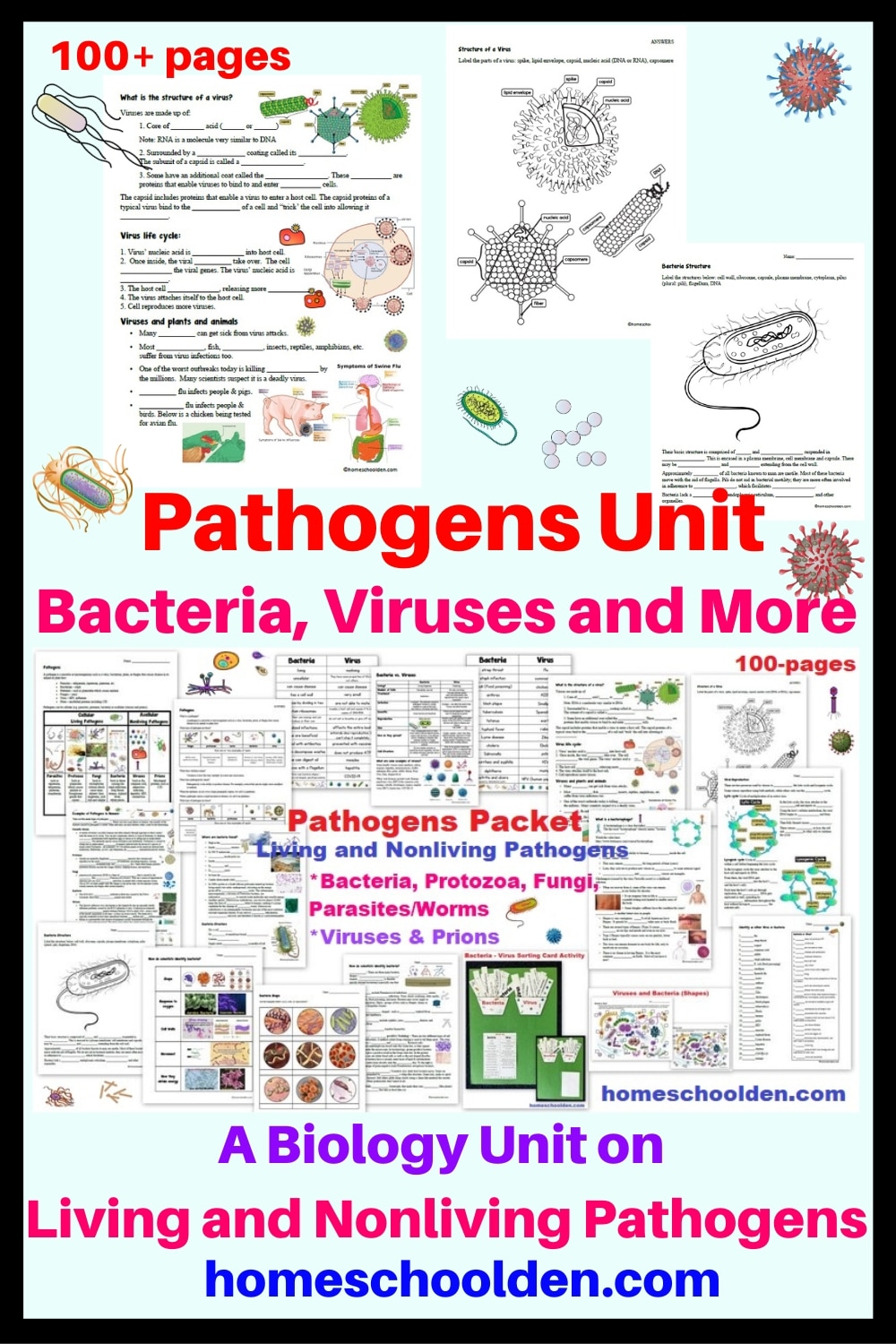
Pathogens Packet - Bacteria Viruses Protozoa Fungi Parasites and Prions - Homeschool Den

Evolution of pathogen tolerance and emerging infections: A missing experimental paradigm
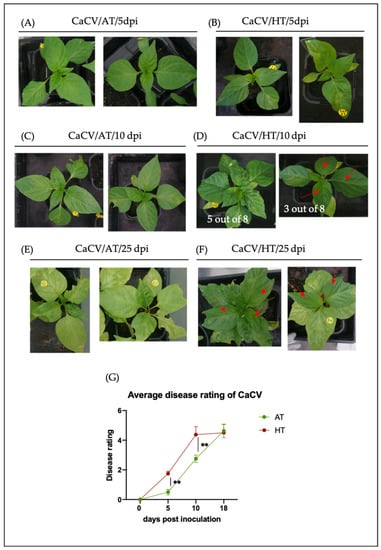
Lg Download Software V1.3.6.3 - Colaboratory
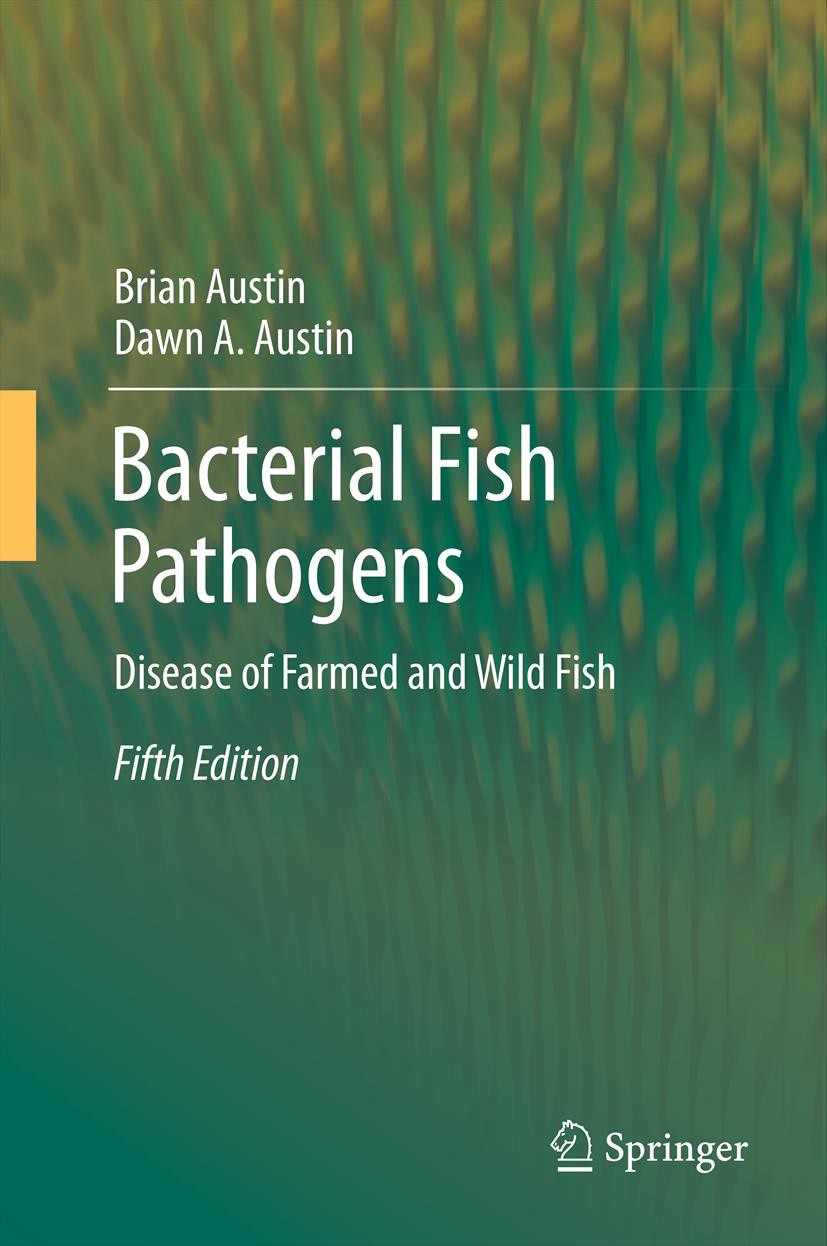
Bacterial Fish Pathogens: Disease of Farmed and Wild Fish
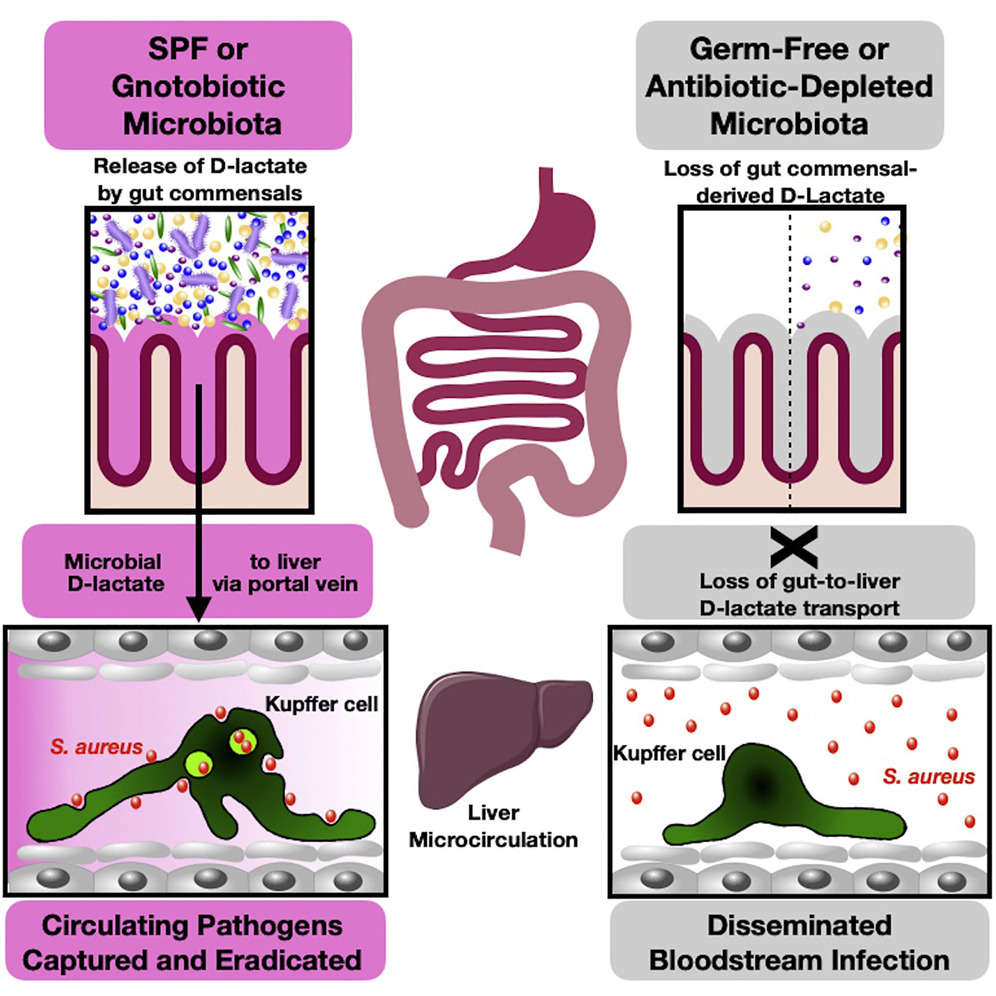
Cell Host & Microbe on X: Microbiota-Driven Firewall Stops Pathogens: @BraedonMcdonald & Co show that pathogen clearance by Kupffer cells is governed by #gut #microbiota & D-lactate, which reaches liver via portal
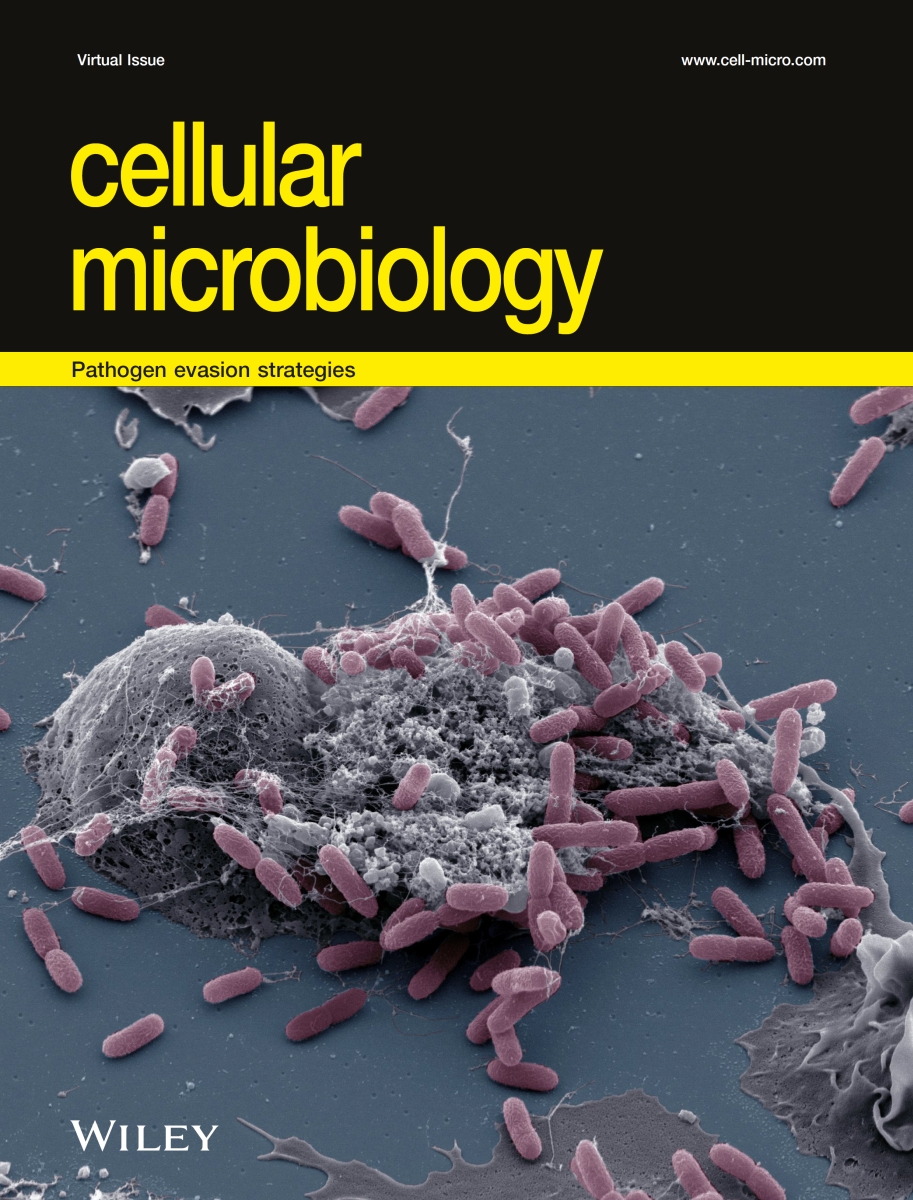
Cellular Microbiology - Wiley Online Library
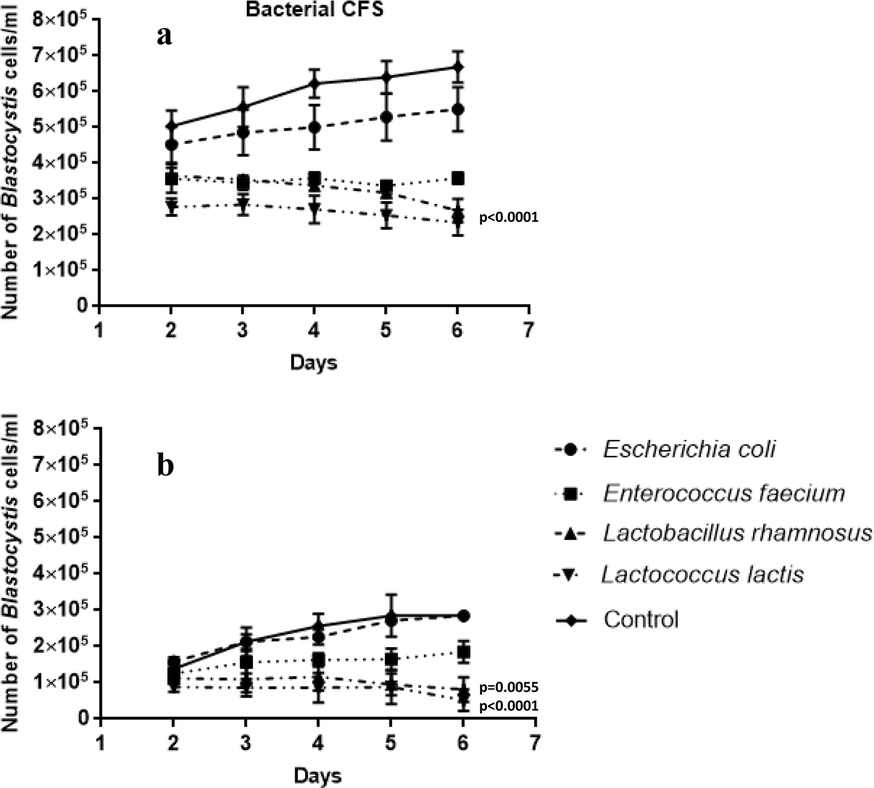
The influence of probiotic bacteria and human gut microorganisms causing opportunistic infections on Blastocystis ST3, Gut Pathogens
Recomendado para você
-
 Boletim Epidemiológico (01/04/2022) - Prefeitura Municipal de Palestina do Pará13 abril 2025
Boletim Epidemiológico (01/04/2022) - Prefeitura Municipal de Palestina do Pará13 abril 2025 -
 T8986 - Boletim Informativo FENASEG - 238/260_1974 by CNseg - Issuu13 abril 2025
T8986 - Boletim Informativo FENASEG - 238/260_1974 by CNseg - Issuu13 abril 2025 -
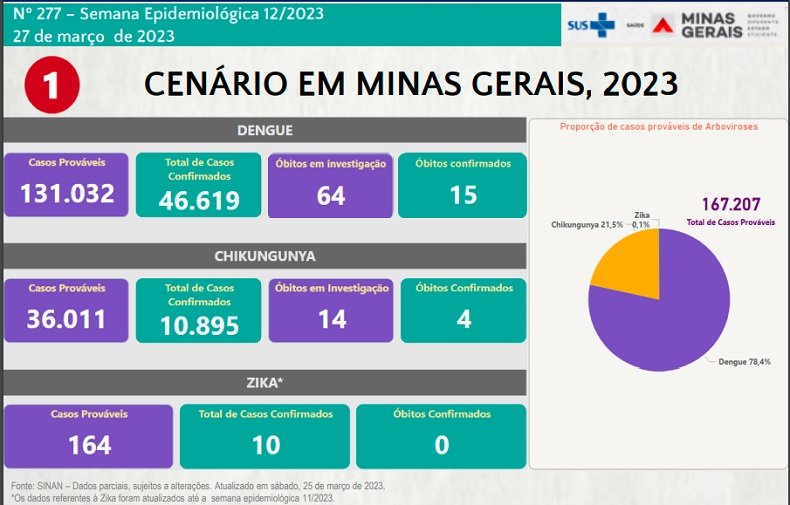 Boletim Epidemiológico de Monitoramento registra 57.524 casos confirmados de Dengue, Chikungunya e Zika em Minas Gerais – Associação Mineira de Municípios13 abril 2025
Boletim Epidemiológico de Monitoramento registra 57.524 casos confirmados de Dengue, Chikungunya e Zika em Minas Gerais – Associação Mineira de Municípios13 abril 2025 -
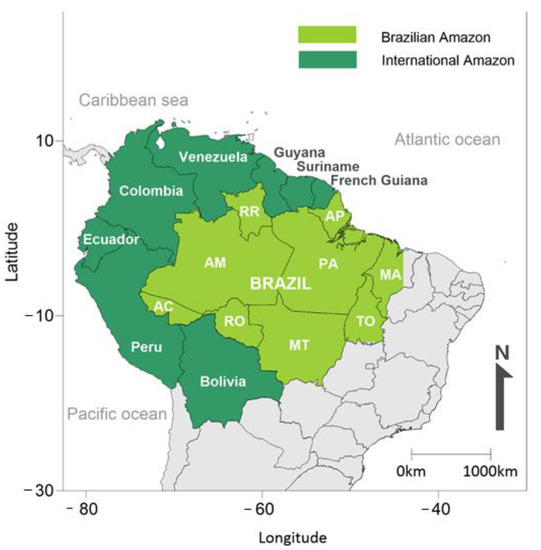 Viruses, Free Full-Text13 abril 2025
Viruses, Free Full-Text13 abril 2025 -
 Desenrola Brasil entra no último mês com R$ 27 bi em dívidas renegociadas13 abril 2025
Desenrola Brasil entra no último mês com R$ 27 bi em dívidas renegociadas13 abril 2025 -
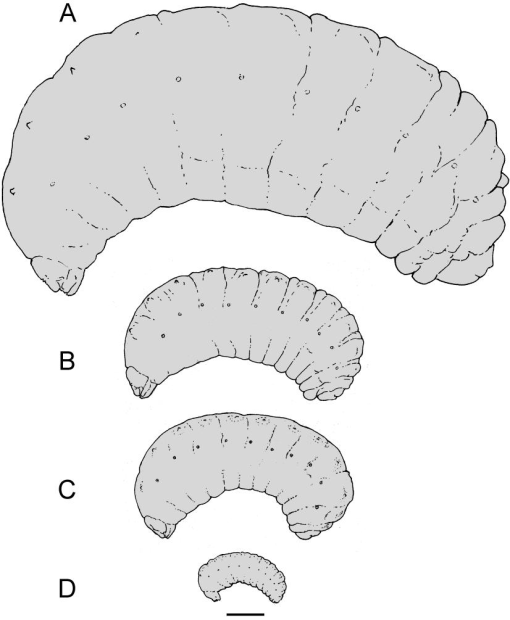 Intratribal Variation among Mature Larvae of Stingless Bees (Apidae: Meliponini) with Descriptions of the Eggs of 11 Species13 abril 2025
Intratribal Variation among Mature Larvae of Stingless Bees (Apidae: Meliponini) with Descriptions of the Eggs of 11 Species13 abril 2025 -
 O que significa cursando no boletim escolar quer dizer que eu passei de ano?13 abril 2025
O que significa cursando no boletim escolar quer dizer que eu passei de ano?13 abril 2025 -
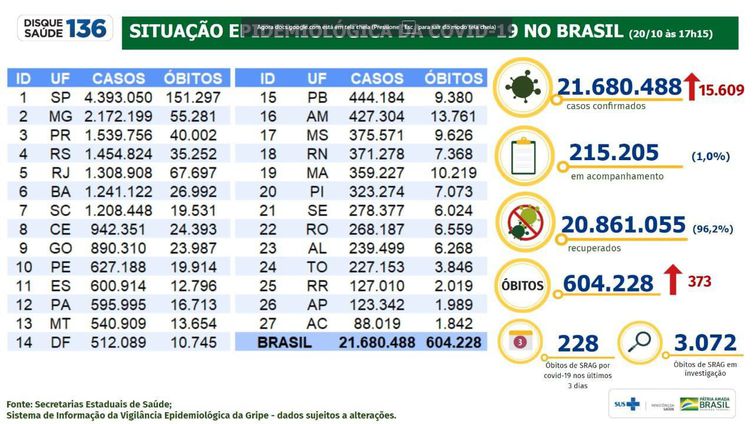 Covid-19: Brasil acumula 21.680.488 de casos e 604.288 mortes. Até o momento, 262,7 milhões de doses de vacinas contra a covid-19 foram aplicadas13 abril 2025
Covid-19: Brasil acumula 21.680.488 de casos e 604.288 mortes. Até o momento, 262,7 milhões de doses de vacinas contra a covid-19 foram aplicadas13 abril 2025 -
 DLX-MF/M – Etatron Brasil13 abril 2025
DLX-MF/M – Etatron Brasil13 abril 2025 -
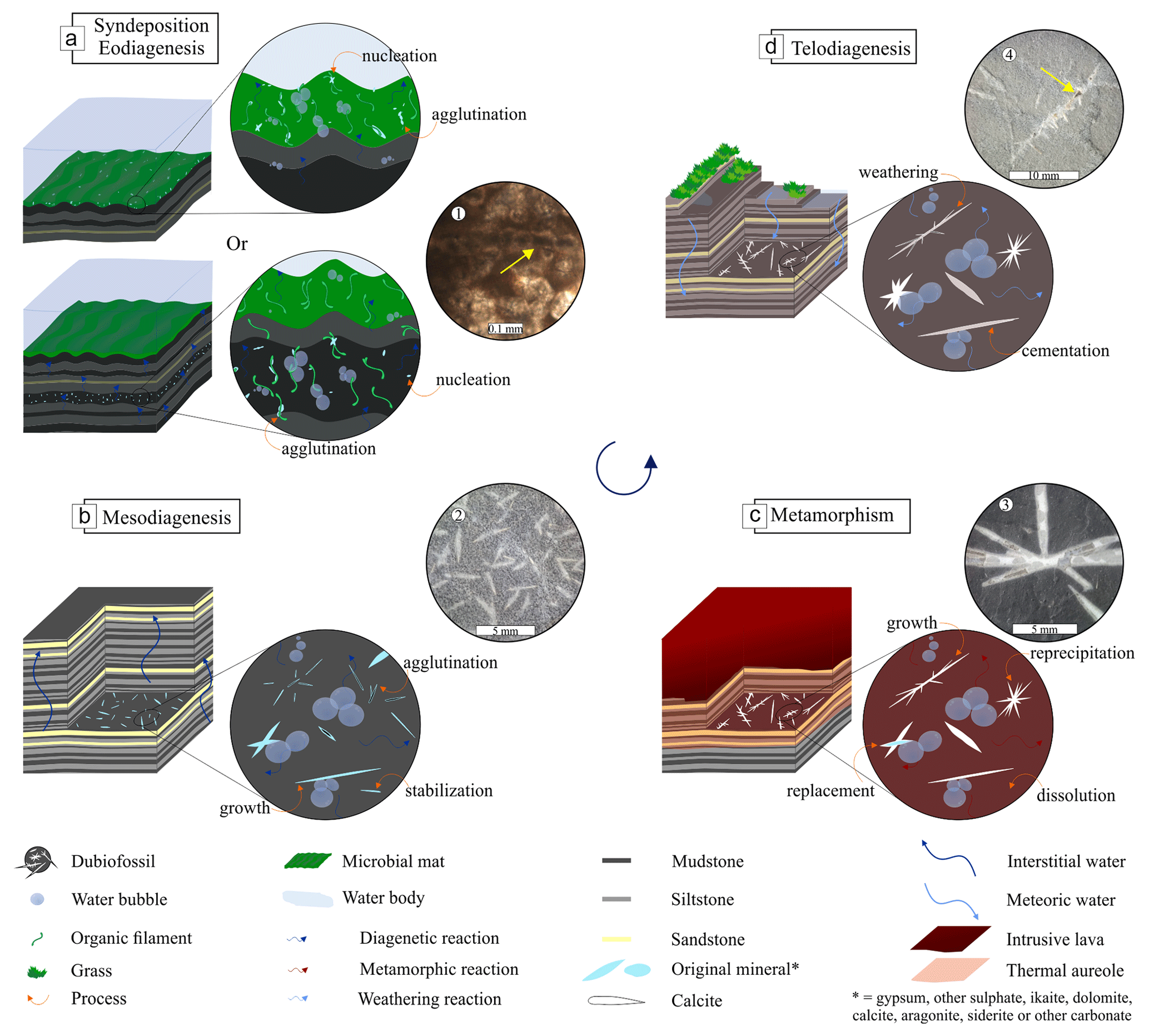 BG - Deciphering the origin of dubiofossils from the Pennsylvanian of the Paraná Basin, Brazil13 abril 2025
BG - Deciphering the origin of dubiofossils from the Pennsylvanian of the Paraná Basin, Brazil13 abril 2025
você pode gostar
-
 Monster Musume no Iru Nichijou - MangaDex13 abril 2025
Monster Musume no Iru Nichijou - MangaDex13 abril 2025 -
 Base by listochek_qwq - Instagram 💕13 abril 2025
Base by listochek_qwq - Instagram 💕13 abril 2025 -
 Shrek Film Series, tattoos, shrek, aliExpress, RAP, ranidae, toad, rapper, Frog, T-shirt13 abril 2025
Shrek Film Series, tattoos, shrek, aliExpress, RAP, ranidae, toad, rapper, Frog, T-shirt13 abril 2025 -
Steam Workshop::Minecraft Story Mode [8K]13 abril 2025
-
Sport x Operário: saiba onde assistir jogo da Série B13 abril 2025
-
 Marilyn Manson: all-American nightmare13 abril 2025
Marilyn Manson: all-American nightmare13 abril 2025 -
 m.media-.com/images/M/MV5BYjg4ODdhYTktZjA0ZS13 abril 2025
m.media-.com/images/M/MV5BYjg4ODdhYTktZjA0ZS13 abril 2025 -
 Avatar 2' continues ride at top of box office13 abril 2025
Avatar 2' continues ride at top of box office13 abril 2025 -
JOSE JAKSON LIMA - Analista de projetos - Ploomes13 abril 2025
-
 Treze Semanas (Portuguese Edition): Cesar, Cord: 9798778354197: : Books13 abril 2025
Treze Semanas (Portuguese Edition): Cesar, Cord: 9798778354197: : Books13 abril 2025
![Steam Workshop::Minecraft Story Mode [8K]](https://steamuserimages-a.akamaihd.net/ugc/1535122003671901206/BBD814782398B5D53F25921AF237DF4E1274AC0B/?imw=512&&ima=fit&impolicy=Letterbox&imcolor=%23000000&letterbox=false)

